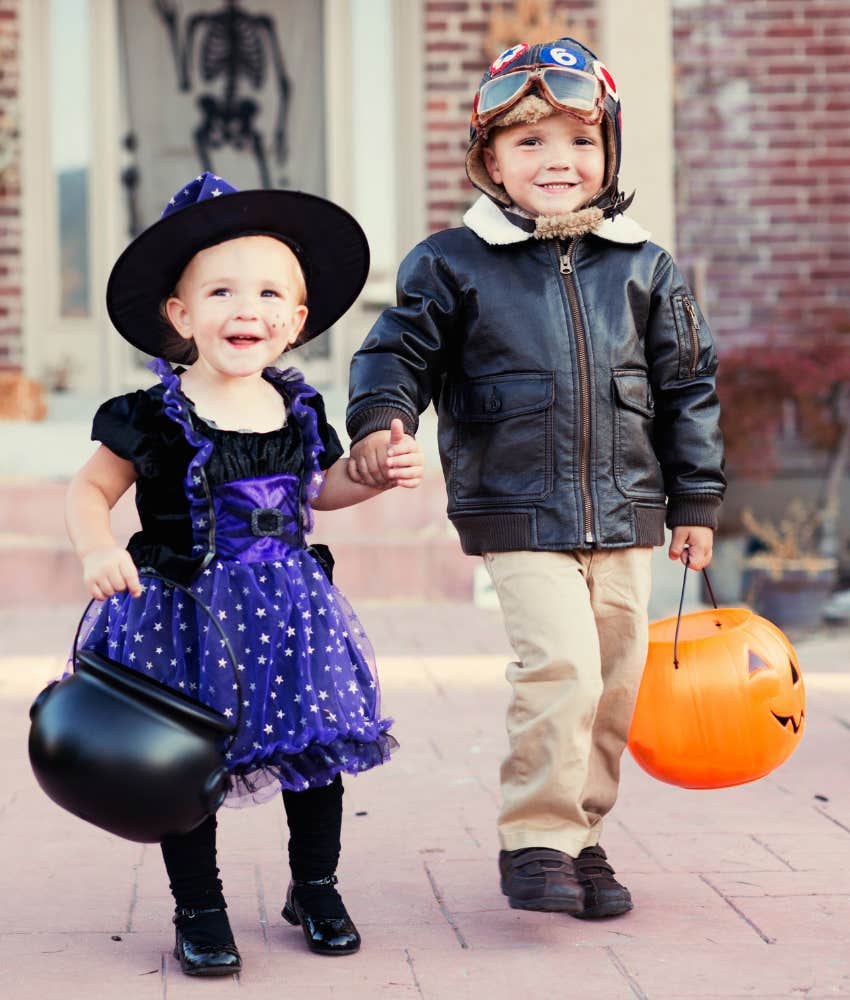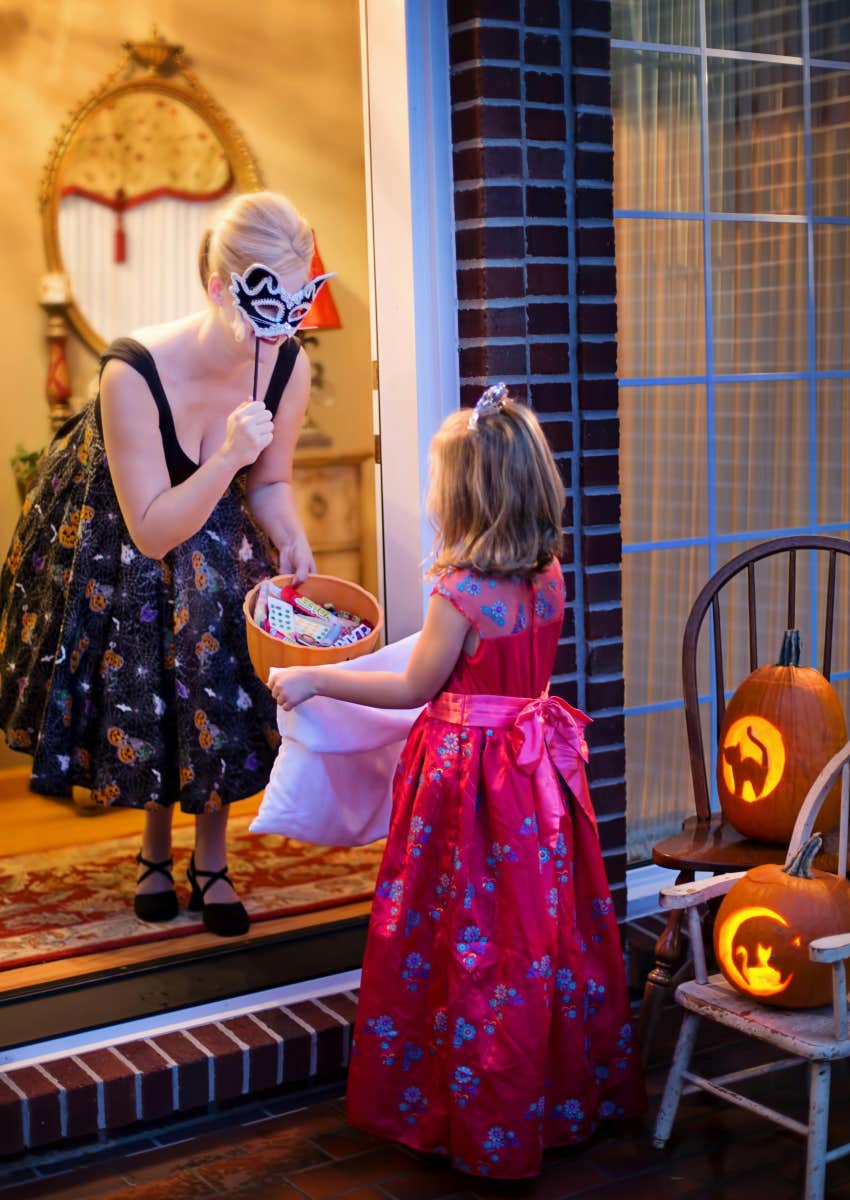Every year, a new Halloween costume trend seems designed to cause controversy. There are costumes that engage in open cultural appropriation, ones that involve argumentative figures, and some that are simply not appropriate for children.
One costume that really didn’t feel right this year was that of a homeless person. It struck such a nerve that a woman who knows what it means to be homeless decided to speak up.
An unhoused woman commented on a little boy’s homeless Halloween costume.
A woman known as “Homeless Vigilante” on TikTok shares videos about her journey as a “chronically unhoused” person.
Recently, she shared her thoughts on a little boy who dressed up as a homeless person for Halloween.
 RichVintage | Canva Pro
RichVintage | Canva Pro
The woman, who said in her bio she lives in Maine, shared two photos of a little boy in a TikTok slideshow. The boy was dressed as a homeless person with a beanie, t-shirt, flannel, ripped jeans, and worn shoes. The costume also included what appeared to be marks from a dark-colored marker on the boy’s face, apparently meant to signify dirt.
To top it all off, he was pushing a child-size Dollar General shopping cart, which held a paper bag, a stuffed animal symbolizing a dog, and a jack-o-lantern with his stash of candy. He held a small cardboard sign that read, “Will work for candy. Anything helps.”
The boy’s identity is unknown, and the woman who shared the photos on TikTok wisely covered his face so he was unrecognizable.
The unhoused woman stressed how important it is for parents to think about other people before choosing Halloween costumes for young children.
Nevertheless, someone was responsible for this costume.
The little boy appeared to be no older than five or six, which placed the blame squarely on his parents’ shoulders.
“There were nights when it was so cold I would just lay awake on the concrete and scream because of the pain,” the woman said, recalling her own experiences. “Claw at my tendons, desperately call out to a God I don’t even believe in.”
“Our struggle is not your costume, and anyone could be one paycheck away,” she insisted.
“Teach your children empathy.”
 Jill Wellington | Pexels
Jill Wellington | Pexels
There are hundreds of thousands of homeless people in the country who share this woman’s experiences.
Some may look at this costume and think it was in poor taste, but it is not necessarily something to be this upset about. But it actually is.
The Department of Housing and Urban Development estimated that 653,104 people in the U.S. were homeless on a single night in January 2023. That means more than half a million people found themselves without a safe, warm place to sleep.
Unfortunately, as the economy worsens and the housing crisis continues, this number is likely to rise. With it comes the opportunity to show compassion to those who find themselves in this situation, knowing the tables could very easily be turned.
Showing compassion certainly does not include creating a Halloween costume that effectively mocks someone’s difficult situation.
Every year, countless Halloween costumes are inherently offensive for one reason or another.
At this point, offensive costumes feel like they are as much a part of Halloween as candy and scary movies are.
Illinois elementary school teacher Jess Lifshitz has found this to be a problem in her own school. She told NPR that she now sends a letter home to parents each year about the importance of not wearing offensive costumes.
It read in part, “Costumes should not become opportunities to turn a person’s identity into a stereotyped image.”
Lifshitz spoke with NPR about her habit of teaching her students about identity throughout the school year. “So having those conversations ahead of time allowed kids to see why somebody else’s struggle shouldn’t make up someone’s Halloween costume,” she said.
 olia danilevich | Pexels
olia danilevich | Pexels
Unfortunately, many people do not understand this concept, like this boy’s parents. Instead, they think it is okay to mock what others have been through for the sake of a costume.
Mary-Faith Martinez is a writer for YourTango who covers entertainment, news and human interest topics.

